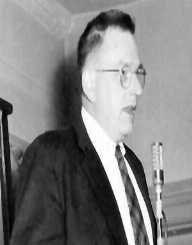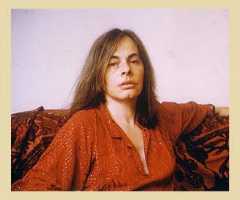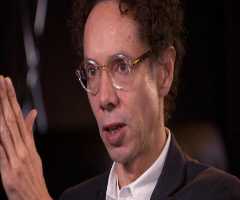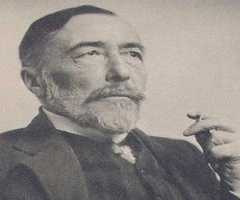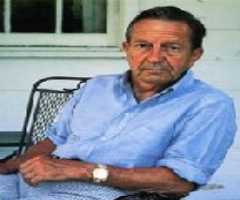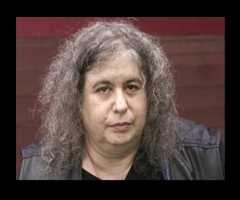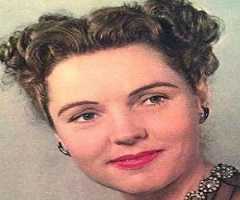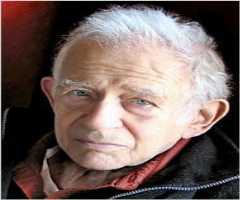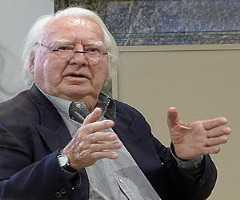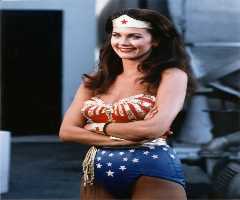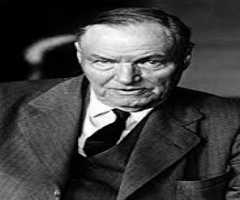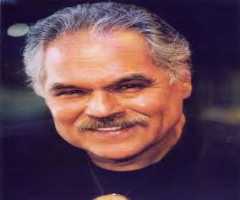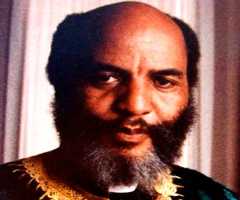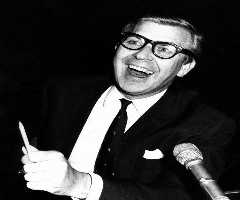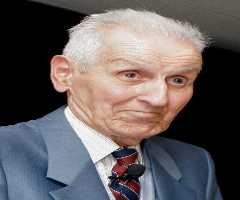Also Known For : Science Fiction Writer
Birth Place : Newark, New Jersey, United States of America
Died On : July 11, 1971
Zodiac Sign : Gemini
John W. Campbell Biography, Life, Interesting Facts
Born on June 8, 1910, John W. Campbell Jr. was an American science fiction writer and editor. He worked as the editor of Astounding Science Fiction, which was renamed Analogy Science Fiction and Fact from 1937 until his death. John W. Campbell became an accomplished fiction writer and is praised for his role in shaping the Golden Age of Science Fiction. John W. Campbell was acclaimed by Isaac Asimov as the "the most powerful force in science fiction ever, and for the first ten years of his editorship he dominated the field completely." John W. Campbell wrote fictions until he was appointed as the editor of Astounding. He worked under the pseudonyms, Don A. Stuart, Van Kampen and Arthur McCann. Campbell’s novella Who Goes There?Was made into the films, The Thing from Another World, 1951, The Thing, 1982 and The Thing in 2011.
Early Life
John W. Campbell was born on June 8, 1910, in Newark, New Jersey to an electrical engineer father and Dorothy (née Strahern). He had his tertiary education at the Massachusetts Institute of Technology. While there, he made friends with the mathematician Norbert Wiener. At age 18, John W. Campbell started writing and selling science fiction stories and six of his stories were published by Amazing from January 1930 to June 1931. They also published six of his letters and a novel. Even thoughCampbell became a popular writer, was dismissed from schoolbecause he failed German. John W. Campbell then enrolled at the Duke University where he graduated with a Bachelor of Science in Physics in 1932.
Career
John W. Campbell started writing while in school and did some published works around that time. In January 1930, When the Atom Failed became his first published work as it cover-featured in Amazing Stories. This was followed by five more stories, which were published in the same year. The following year, Island of Space was also published. Astounding Stories also published his serial novel, The Mightiest Man from 1934 to 1935. In October 1936, his serial Uncertainty took the cover of Amazing Stories. Campbell’s work for Amazing cemented his credentials as an astute writer in the field of space adventure. John W. Campbell wrote under the pseudonym, Don A. Stuart in 1934 and within that time wrote in different tones. Within this time, John W. Campbell wrote stories like Twilight, 1934, Night, 1935 and Who Goes There? 1938 all for Astounding. Who Goes There? was adapted into films like The Thing from Another World, 1951, The Thing, 1982 and The Thing in 2011. Campbell was appointed the editor of Astounding and took over in October 1937.
John W. Campbell started initiating some changes after he was given full control in May 1938. He changed the name from Astounding Stories to Astounding Science-Fiction. His takeover coincided with the Golden Age of Science Fiction, a period where several new groups of writers imaged. John W. Campbell published works of these writers including A.E von Vogt’s Black Destroyer, Trends by Asimov and Life-Line by Robert A. Heinlein. John W. Campbell also started the magazine Unknown in 1939, which later became Unknown World and ran for four years. During this time, John W. Campbell was acclaimed as the single most important and influential editor in the early history of science fiction. John W. Campbell wrote articles on electronics and radio for magazines and was in charge of the amateur call sign W2ZGU. John W. Campbell hosted Exploring Tomorrow, a weekly science fiction program from December 11, 1957, and June 13, 1958.
Personal Life
John W. Campbell was married to Dona Stewart in 1931 but divorced in 1949. He then married Margaret Winter in 1950 and the couple lived in New Jersey. John W. Campbell died of heart failure on July 11, 1971, at age 61 at Mountainside, New Jersey.
Awards And Honours
The University of Kansas science fiction program currently called the Center for the Study of Science Fiction posthumously instituted the annual award John W. Campbell Memorial Award for Best Science Fiction Novel in his honour. The university also renamed its annual conference, the Campbell Conference. The John W. Campbell Award for Best New Writer was also instituted by the World Science Fiction Society in his honour. In 1996, he was inducted into the Science Fiction and Fantasy Hall of Fame. He has also won the Hugo Award for Best Professional Magazine.
